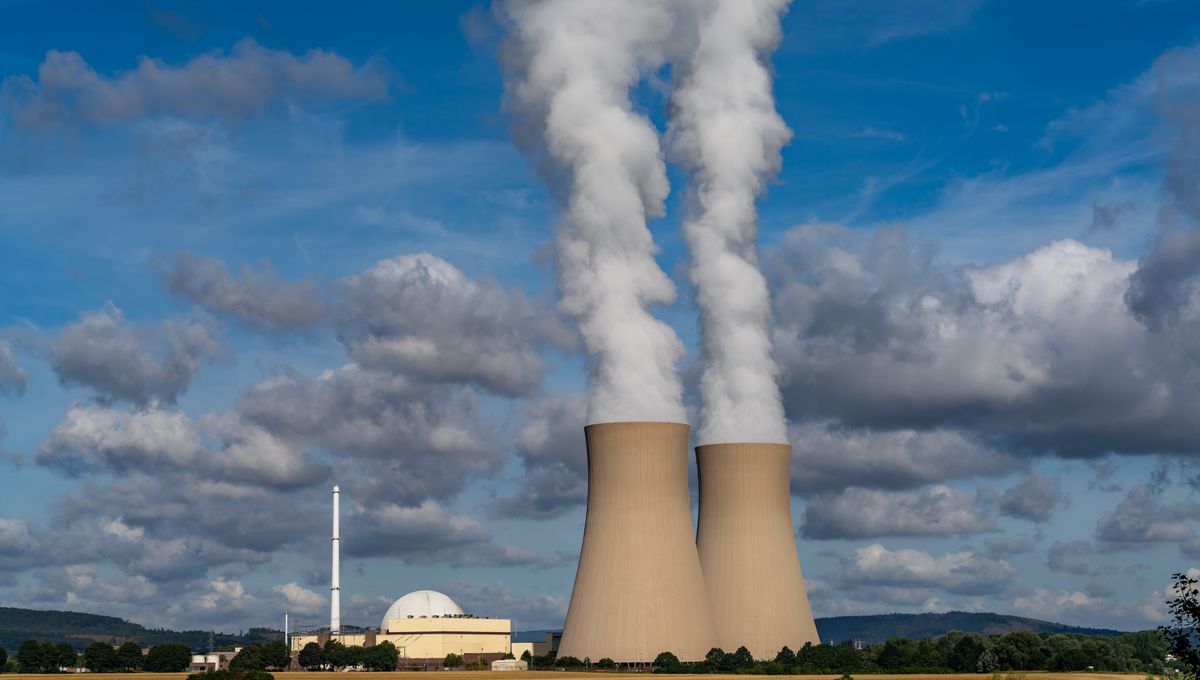
China’s National Nuclear Safety Administration has issued a license to the Shanghai Institute of Applied Physics (SINAP) of the Chinese Academy of Sciences to operate China’s first “Thorium Molten Salt Reactor – Liquid Fuel 1″ (TMSR-LF1), which was under construction between 2018 and 2021 in Wuwei city.
This is the first license given in China for this type of reactor but it is not the only one being built. In 2021, we reported the construction of two other reactors. While popular decades ago, these types of reactors, known as fast reactors, are no longer common, with only two commercial ones in the world currently working.
“The thorium-fueled molten salt experimental reactor operation application and related technical documents were reviewed, and it was considered that the application met the relevant safety requirements, and it was decided to issue the 2 MWt [megawatts thermal] liquid fuel thorium-based molten salt experimental reactor an operating license,” the National Nuclear Safety Administration said in a statement.
The interest that many countries have in this technology is around energy production. Standard nuclear reactors use water as a coolant and have a thermodynamic efficiency that is pretty high compared to fossil fuels. These reactors are even better than the traditional approaches. That means a smaller reactor with less fuel would get a much higher energy output.
If this is the case, why aren’t people building lots of them? Well, there are drawbacks to not using water as the coolant. Molten metals have often been used, such as sodium. But sodium is very reactive, which led to 27 sodium leaks in a 17-year period, 14 of which led to sodium fires, in Russian reactors.
The new Chinese reactor uses a special salt of lithium-beryllium fluoride as a coolant. It is believed it will operate at a maximum temperature of 650°C (1,202°F) for up to 10 years. If this reactor is successful, China plans a much bigger one. The United States, France, and Japan made an agreement to research and develop more of these reactors, and in 2021 Bill Gates’ TerraPower and Warren Buffett’s PacifiCorp put forward a proposal to build an experimental reactor in place of a disused coal power plant.
[H/T: Interesting Engineering]
Source Link: Experimental Molten Salt Nuclear Reactor Gets Go-Ahead In China